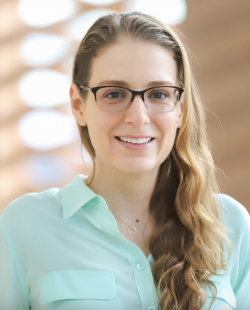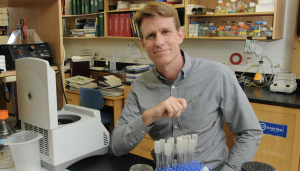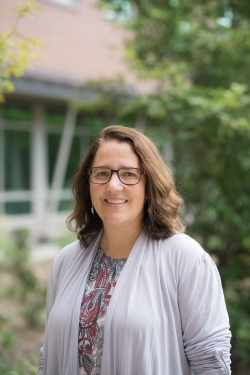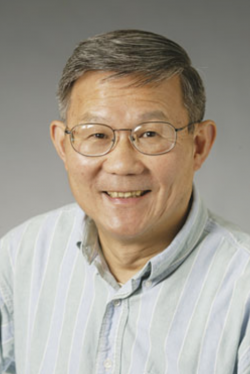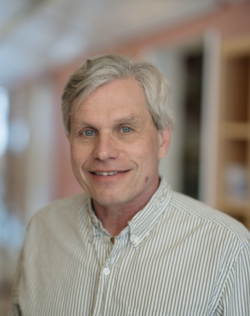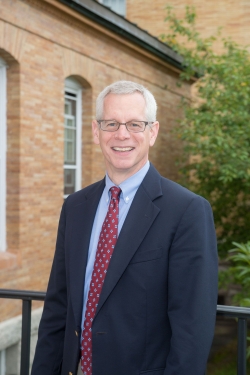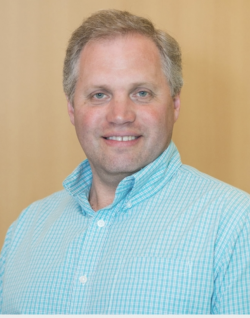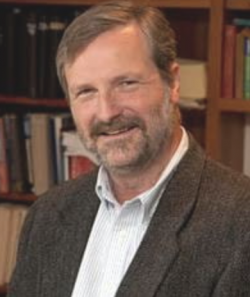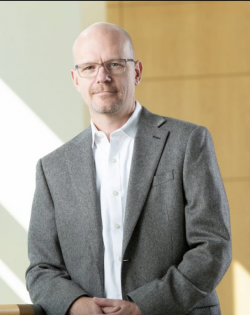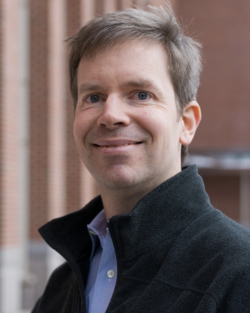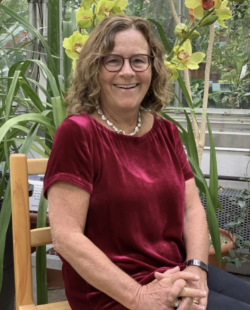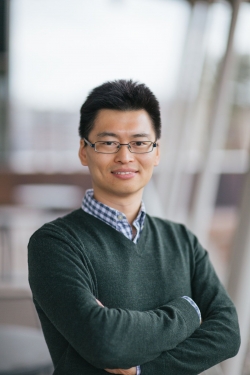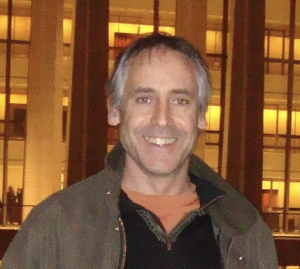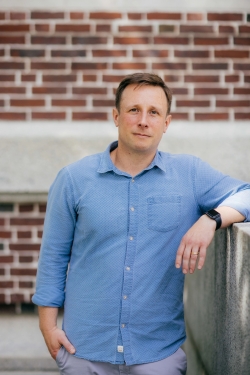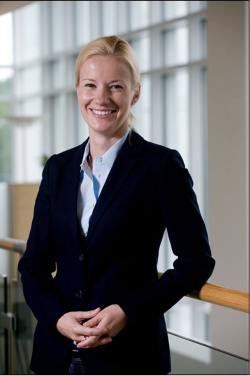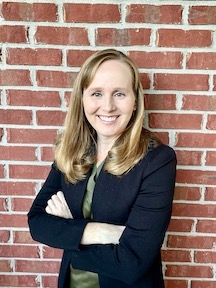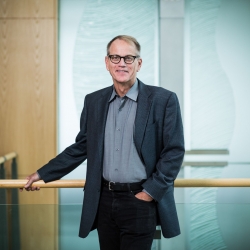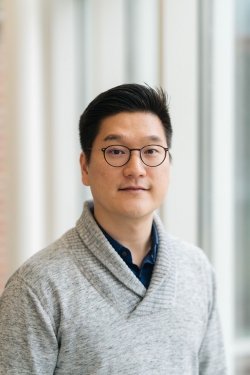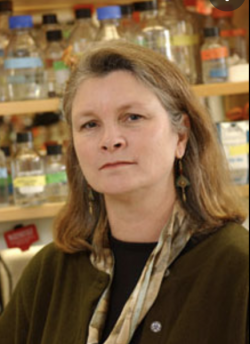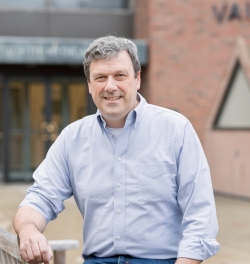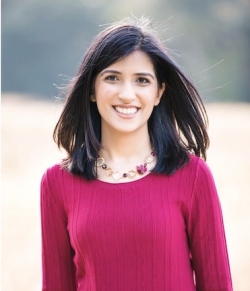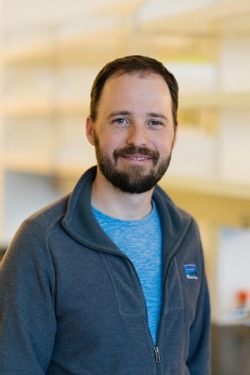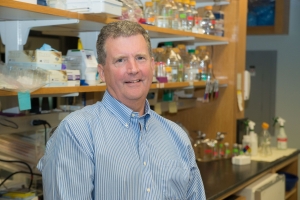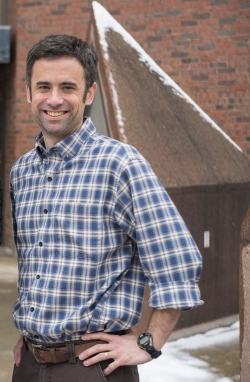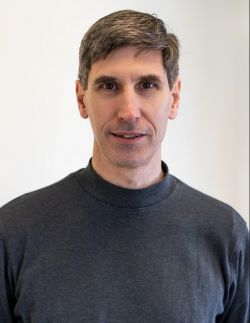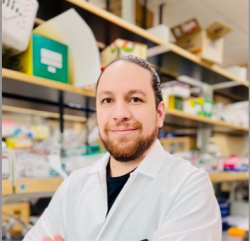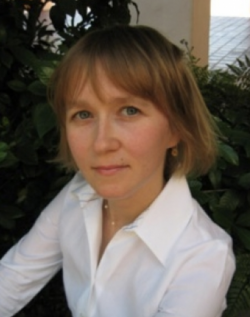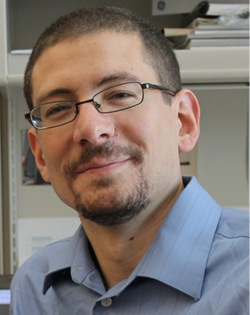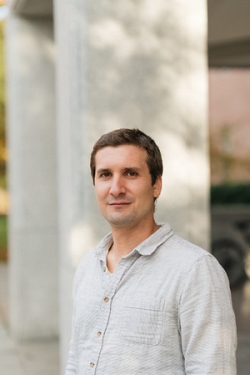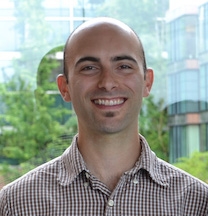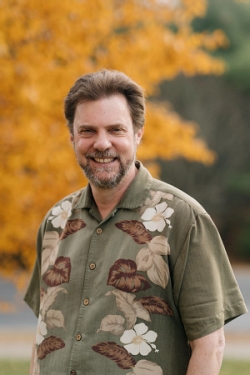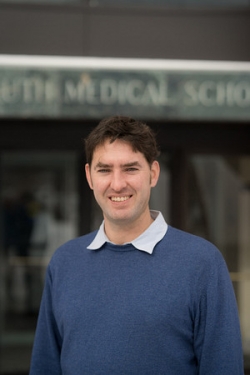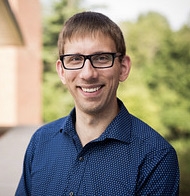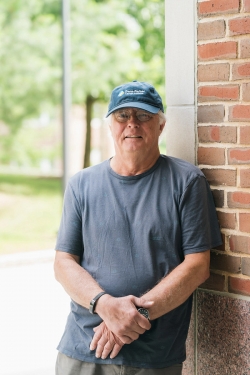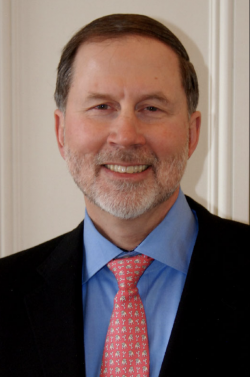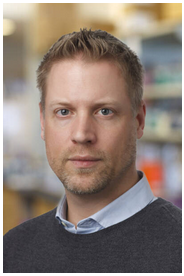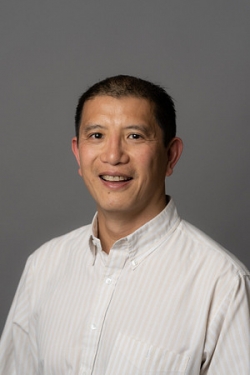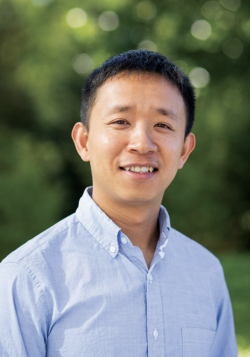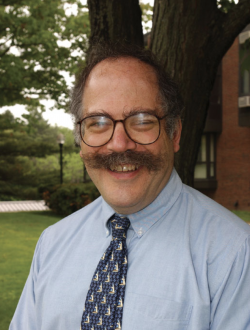Assistant Professor, Molecular and Systems Biology
Office: Remsen 725A
Phone:
Esteban investigates whether changes in the chemical modification (also known as the epitranscriptome) of RNA molecules play a role in the development of human cancers. In all cells, RNAs perform a variety of functions, including synthesizing proteins. While messenger RNAs (mRNAs) provide the instructions for producing a protein, transfer RNAs (tRNAs) "read" the information in that message and supply the necessary amino acid building blocks. To function properly, these transfer RNAs must fold into the correct three-dimensional shape, a process that requires the RNA to be chemically modified. Owing to their high cellular abundance and stability, tRNAs have been commonly considered to be housekeeping molecules. However, it is becoming increasingly clear that tRNAs are highly regulated, and that even small changes in their abundance or their nucleotide modification levels can have profound effects, leading to aberrant translation, changes in protein expression, and disease states. The tRNA epitranscriptome and the functional tRNA pool have emerged as important regulatory layers in the translation of the human genome. However, our current understanding of the functional tRNA pool is limited. Therefore, the focus of the Orellana Lab is to study the causes and effects of tRNA dysregulation in human disease and to use this knowledge to develop tRNA-based therapeutics and diagnosis.
Website | Email | PubMed Articles | Geisel Profile
